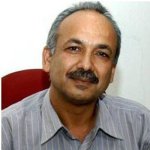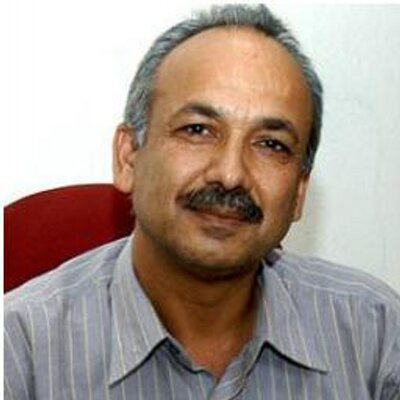 Nepal has remained a “crisis country” for the international community and donors for nearly a decade now, given the uphill task of concluding the peace process, writing a constitution acceptable to multiple stakeholders, and bringing about order and stability. In terms of economic potential and opportunity wasted, the country has paid a high price. But Nepal’s journey — dictated by the partisan interests of half a dozen political actors and their parties — has deviated from the path to its promised destination. Political leaders have proved they can abdicate responsibility, not deliver on promises, and yet survive in power, with no accountability to people or parliament.
Nepal has remained a “crisis country” for the international community and donors for nearly a decade now, given the uphill task of concluding the peace process, writing a constitution acceptable to multiple stakeholders, and bringing about order and stability. In terms of economic potential and opportunity wasted, the country has paid a high price. But Nepal’s journey — dictated by the partisan interests of half a dozen political actors and their parties — has deviated from the path to its promised destination. Political leaders have proved they can abdicate responsibility, not deliver on promises, and yet survive in power, with no accountability to people or parliament.
The country has been under a state of emergency since April 26, following the massive earthquake that not only took nearly 9,000 lives and rendered about a million families homeless but also taught a bitter lesson to the actors that, while their political lapses may be condoned, each of them will be held accountable if relief and shelter are not made available. Nepal’s leaders seem to have failed to read that fury correctly and are now responding in a strange manner.
A series of meetings over the last two weeks — especially between Maoist chief Prachanda and K.P. Sharma Oli, chairman of the Communist Party of Nepal-Unified Marxist Leninist (CPN-UML) — to bury their bitter past seems to have sent across a message that it was poor leadership that came in the way of the timely delivery of the constitution and earthquake relief, and that the two lapses are interlinked.
The aim is to replace Prime Minister Sushil Koirala with Oli and bring the two major communist parties — the UML and the Unified Communist Party of Nepal-Maoist (UCPN-M) — together, as well as to invite the growing anti-Koirala faction within the Nepali Congress. The task is twofold: set a new deadline for the constitution through a “fast-track process”, leaving the contentious issues to commissions, and utilise the international promises for Nepal’s reconstruction through effective and better coordination. A small section of the UML, the second-largest party in the House and in the ruling coalition, is opposed to removing Koirala at this moment. But this group has been overruled by the majority led by Oli.
In fact, Oli’s faction believes that effective relief distribution and reconstruction work will keep people directly engaged and reduce the chances of ethnic and political groups coming to Kathmandu to press their often-contradictory agendas. Oli , known for his wit and unbending stand against ethnic federalism, can also better read the public mind than most other leaders. He is also opposed to external forces, especially the UN and the EU, playing a direct role in influencing crucial elements of the constitution, especially favouring ethnic federalism and the right to convert. Oli’s proactive stand on these issues, through Foreign Minister Mahendra Bahadur Pandey, who belongs to his party, has cost British Ambassador Andrew Sparkes his job. Oli has asked Prachanda to shelve the Maoists’ demand for ethnicity-based federalism and the conversion clause for now and deliver the constitution based on a minimum agreement.
Indian PM Narendra Modi has told Nepal’s ambassador to India, Deep Kumar Upadhyay, that he would assign contact persons to coordinate once Nepal made up its mind about its post-recovery plan. Earlier, India’s representative to the UN moved a special resolution in the General Assembly seeking international support for Nepal, reducing Kathmandu’s job to only seconding it. But this too was seen as an abdication by the Koirala government. The US appreciated the role India played in earthquake-ravaged Nepal. However, the anger at the government in Nepal is rising in the same proportion. Oli was not only quick to read that anger and turn it into an advantage but he also sent out the message that Nepal’s leaders have a role to play in both constitution-writing and post-earthquake recovery.
This article has been originally published in The Indian EXPRESS on 6 June 2015.
–

